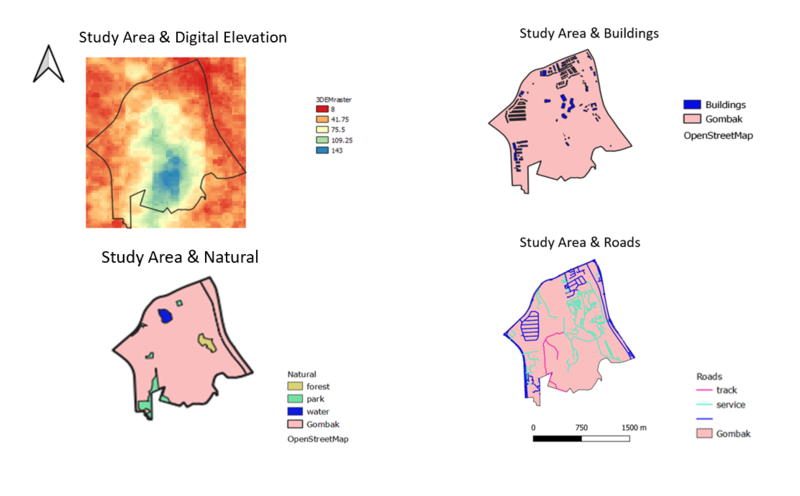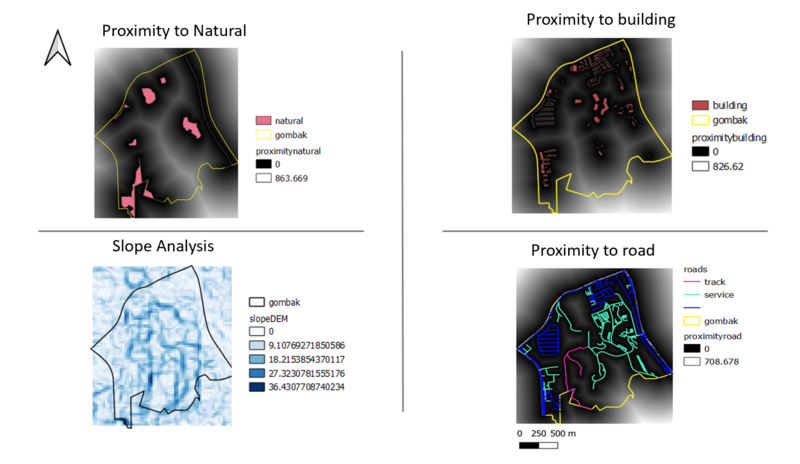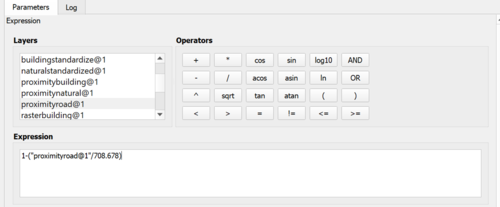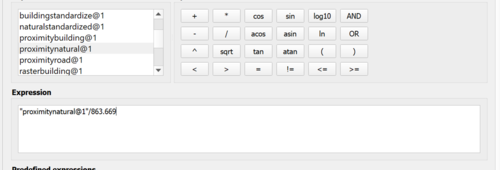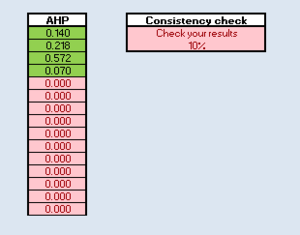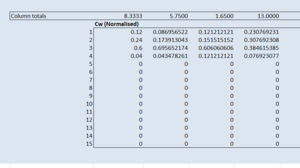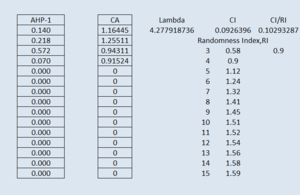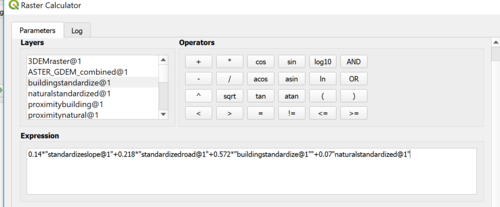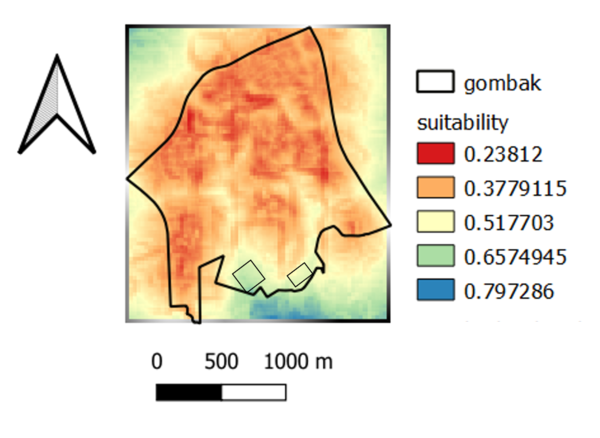Difference between revisions of "SMT201 AY2019-20T1 EX2 Tan Zi Ying"
Zy.tan.2018 (talk | contribs) |
Zy.tan.2018 (talk | contribs) |
||
| Line 11: | Line 11: | ||
Roads, buildings and natural features data from OpenStreetMap (OSM) data sets from BBBike@Singapore. | Roads, buildings and natural features data from OpenStreetMap (OSM) data sets from BBBike@Singapore. | ||
ASTER Global Digital Elevation Model (GDEM) dataset jointly prepared by NASA and METI, Japan from NASA’s EarthData Search site complied by Professor Kam | ASTER Global Digital Elevation Model (GDEM) dataset jointly prepared by NASA and METI, Japan from NASA’s EarthData Search site complied by Professor Kam | ||
| + | <br/> | ||
| + | === Economic factor === | ||
| + | <br/> | ||
| + | The selected site should avoid steep slope. This is because construction at steep slope tends to involve a lot of cut-and-fill and will lend to relatively higher development cost. | ||
| + | <br/> | ||
| + | === Accessibility factor === | ||
| + | <br/> | ||
| + | The selected site should be close to existing local roads, namely: service roads and tracks. This is to ensure easy transportation of building materials during the construction stage. | ||
| + | <br/> | ||
| + | === Health risk factor === | ||
| + | <br/> | ||
| + | The selected site should be away from population i.e. housing areas and offices in order to avoid disease spreading to the nearby population. | ||
| + | <br/> | ||
| + | === Natural conservation factor === | ||
| + | <br/> | ||
| + | The selected site should be away from forested land, park and water. | ||
| + | <br/> | ||
== Proximity Analysis == | == Proximity Analysis == | ||
Revision as of 20:34, 10 November 2019
Contents
Building a national Communicable Disease Quarantine Centre
- Economic Factor (study area and digital elevation)
- Accessibility Factor (study area and target roads)
- Health Risk Factor (study area and buildings)
- Natural Conservation Factor (study area and natural)
Data source: Master Plan 2014 Subzone Boundary from URA from data.gov.sg.
Roads, buildings and natural features data from OpenStreetMap (OSM) data sets from BBBike@Singapore.
ASTER Global Digital Elevation Model (GDEM) dataset jointly prepared by NASA and METI, Japan from NASA’s EarthData Search site complied by Professor Kam
Economic factor
The selected site should avoid steep slope. This is because construction at steep slope tends to involve a lot of cut-and-fill and will lend to relatively higher development cost.
Accessibility factor
The selected site should be close to existing local roads, namely: service roads and tracks. This is to ensure easy transportation of building materials during the construction stage.
Health risk factor
The selected site should be away from population i.e. housing areas and offices in order to avoid disease spreading to the nearby population.
Natural conservation factor
The selected site should be away from forested land, park and water.
Proximity Analysis
- the study area and proximity to target roads layer
- the study area and proximity to buildings layer
- the study area and proximity to target natural features layer
- the study area and slope layer
Data source: Master Plan 2014 Subzone Boundary from URA from data.gov.sg. Roads, buildings and natural features data from OpenStreetMap (OSM) data sets from BBBike@Singapore. ASTER Global Digital Elevation Model (GDEM) dataset jointly prepared by NASA and METI, Japan from NASA’s EarthData Search site complied by Professor Kam
Criterion Scores of each Factor Layers
Analytical Hierarchical Process Input Matrix and Result Report
Data Source: AHP Template from SCBUK
Data Source: AHP Template from SCBUK
Data Source: AHP Template from SCBUK
Data Source: AHP Template from SCBUK
Comments on the Suitable Land Lot(s) Identified
